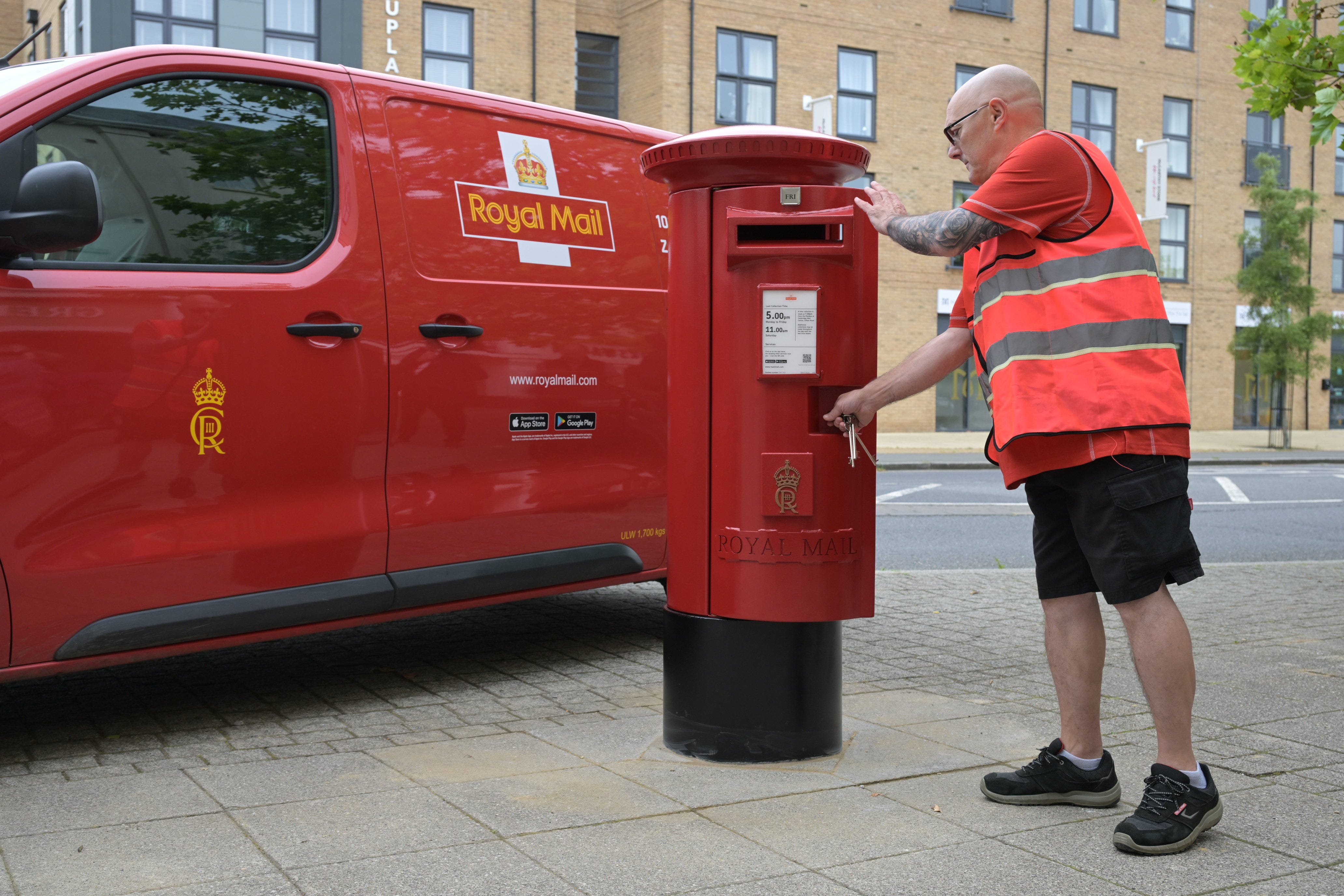Royal Mail close to being sold to Czech billionaire Daniel Kretinsky
Kretinsky, known as the Czech Sphinx because of his low profile, has promised to maintain six days of postal deliveries per week

Your support helps us to tell the story
From reproductive rights to climate change to Big Tech, The Independent is on the ground when the story is developing. Whether it's investigating the financials of Elon Musk's pro-Trump PAC or producing our latest documentary, 'The A Word', which shines a light on the American women fighting for reproductive rights, we know how important it is to parse out the facts from the messaging.
At such a critical moment in US history, we need reporters on the ground. Your donation allows us to keep sending journalists to speak to both sides of the story.
The Independent is trusted by Americans across the entire political spectrum. And unlike many other quality news outlets, we choose not to lock Americans out of our reporting and analysis with paywalls. We believe quality journalism should be available to everyone, paid for by those who can afford it.
Your support makes all the difference.The Royal Mail is close to being sold to Czech billionaire Daniel Kretinsky in a £3.6bn deal which could be announced in the next two weeks.
The deal must meet with the UK’s new rules on foreign ownership of companies, but Mr Kretinsky passed previous tests when he bought more shares in the 500-year-old company.
The progress towards the sale suggests his alleged links to Russia have been dismissed by the government.
He owns a gas transmission business which carries Russian gas to Europe, which has led to speculation that he has links to Vladimir Putin’s government but prior probes have found no connection.
Mr Kretinsky, known as the Czech Sphinx because of his low profile, has promised to maintain the universal service of six days of deliveries per week with the same pricing across Britain.

He has also agreed not to touch the company’s pension surplus and promised not to change its name or tax residency for five years, according to the BBC.
No compulsory redundancies for five years is also part of the agreement.
The board of Royal Mail’s owner has recommended the offer to its shareholders. The deal must now be approved by ministers under the National Security and Investment Act.
Royal Mail was owned by the state for centuries until it was privatised in 2013, when then-business secretary Vince Cable, under David Cameron’s coalition government, sold a stake on the London Stock Exchange.
The public were invited to buy shares and the value of the company rallied. But since then, its share price has been sluggish.
The renamed International Distribution Services holding company, which owns Royal Mail, trades at 357 pence per share, little changed from the 330 pence they sold for more than a decade ago. The company was kicked out of the FTSE 100 index to top UK companies in 2022 as a result.
Royal Mail has struggled against competitors as people shifted from sending letters to parcels.
Since the dawn of email and other electronic communication, letter-sending has declined steeply, with half the number now being sent compared to 2011.
International Distribution Services said in May that Royal Mail posted a £336m loss. The broader company’s financial performance was improved by its other holdings, including Amsterdam-based parcel firm GLS.
Join our commenting forum
Join thought-provoking conversations, follow other Independent readers and see their replies
Comments